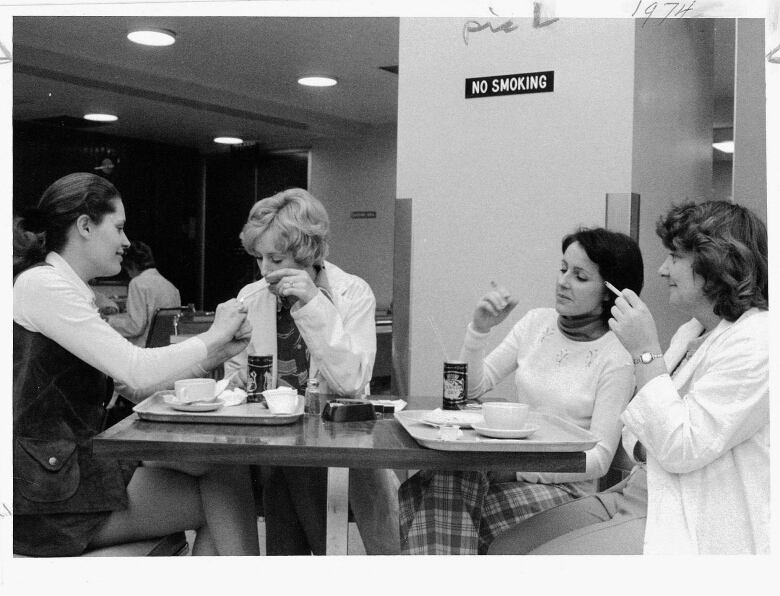History of SickKids hospital marked by achievements and scandal

When Toronto's Hospital for Sick Children first opened in 1875, it was in a rented house with only a handful of beds.
At that time, hospitals were looked upon with suspicion by the upper classes, and were considered places that only the poor would dare to go.
Hospitals of the Victorian Era, said medical historian David Wright, were "places of death and dispair."
Today, however, if you've ever lived in Toronto or you know someone who has, then you probably also know someone who's been treated at Sick Kids.
As the only pediatric hospital in the city and one of the top children's hospitals in the world, countless children both from Toronto and across Canada have been treated there.

The facility's past is filled with important medical advances and discoveries — but also sorrow and scandal. And Wright, a medical historian, has written it down in one place for the first time in his book SickKids: The History of The Hospital for Sick Children.
"The Hospital for Sick Children in Toronto must be considered one of the top three pediatric institutions in the world," Wright said in an interview with The Current's guest host Piya Chattopadhyay.
Among the achievements associated with Sick Kids are the establishment of the first milk pasteurization plant in Canada, the patenting of the early 20th-century breakfast cereal Pablum, and the discovery of the gene for cystic fibrosis.
But throughout the 1980s a dark cloud hung over the institution, when it was enveloped in a scandal involving the deaths of several babies that were thought to be homicides.

A young nurse, Susan Nelles, was arrested and charged with murder -- but later acquitted when the case against her fell apart. The public wanted answers, but it didn't get any.
"This dragged on for most of the 1980s," Wright says. "And yet at the end of all of this, one of the largest public commissions — the first one that was ever televised live in Canadian history — people still didn't really have any answers."
Today, David Wright says, it's not even clear that any infants were murdered at all.
This segment was produced by The Current's Julian Uzielli and Karin Marley.
Listen to the full conversation at the top of this webpost.